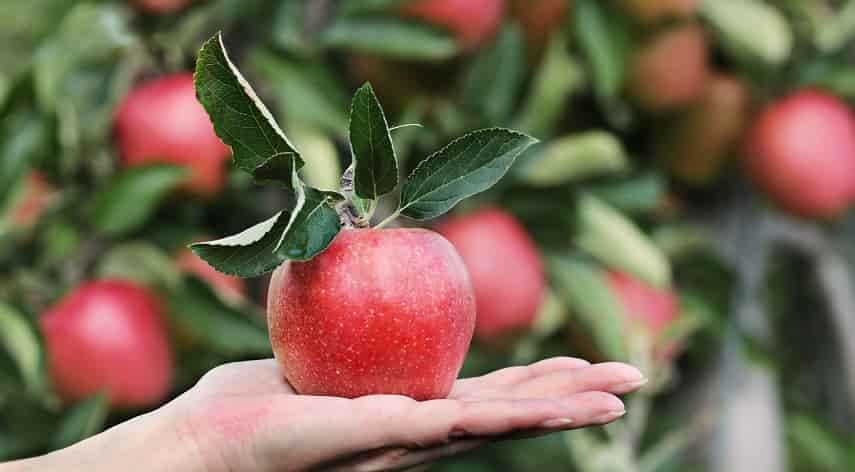A Beginner’s Guide to the Different Types of Diets

Would you believe that three out of five Americans want to feel healthier?
A big pillar of healthy living is your diet, but it can feel impossible to clean up your eating habits with temptations around every corner. The key is to find a diet plan that keeps you excited about eating while still giving you all of the nutrients your body needs.
Do you need help figuring out which diet would be best for your unique lifestyle? Keep reading our ultimate guide on the most popular types of diets.
Table of Contents
ToggleThe Mediterranean Diet
Out of all the diet options out there, nothing is more famous than the Mediterranean diet. Many people love this way of eating because it’s not too restrictive and it focuses on eating whole foods like seafood, nuts, whole grains, and fruits and vegetables.
One of the most important senior nutrition tips is to find a way to reduce your calories while increasing your nutrient intake. The Mediterranean diet could help seniors achieve this.
Vegetarian/Vegan
Vegetarians and vegans may not be following a new diet since these ways of eating have been around forever, but the environmental crisis has encouraged more people to shift toward plant-based diets.
Vegetarians don’t eat meat while vegans avoid all animal products like eggs, dairy, and fish. As long as the diet is well-rounded, cutting back on animal products can work wonders for your cholesterol and other wellness markers.
Keto
Keto is another popular diet because it can lead to rapid weight loss, but most nutritionists agree that it’s terrible for you in the long run. Going keto involves eating mostly fat, a hefty amount of protein, and almost no carbs.
This turns your body into a fat-burning machine, but you miss out on vitamins and minerals from fruits and vegetables. Eating too much fat and processed proteins increases your risk of heart disease, cancer, and other serious conditions.
Gluten-Free
Some people are born with Celiac disease and gluten intolerance, which means that eating gluten is dangerous for their health. Some people without these health issues swear that going gluten-free has also reduced their bloat and increased their energy.
There’s no harm in cutting gluten out of your diet, but there’s no real need if eating gluten doesn’t upset your stomach.
Intermittent Fasting
Choosing a diet that limits the types of foods you can eat is tough. This is why many people are flocking to intermittent fasting.
Intermittent fasting creates a small window where you’re allowed to eat. This can reduce your calorie intake without forcing you to give up your favorite foods.
Have You Thought About Trying Any of These Types of Diets?
There are so many types of diets out there and many of them aren’t sustainable. After learning about the pros and cons of the most popular diets nowadays, you can figure out what would work best for you.
Are you craving more wellness tips? Have a look at our blog posts!
Pankaj Majumder, a seasoned Civil Engineer, combines technical expertise with a passion for innovative infrastructure solutions. With a strong academic background and diverse project experience, he excels in creating sustainable and resilient structures that shape the future of urban development.
Recommended For You
Spread the loveAre you worried about passing a nail follicle drug test? Rest assured, you’re not alone. Many people find
Spread the loveThe anticipation, the excitement, the moment of revelation – gender reveal parties have become a cherished tradition for
Spread the loveLooking to book a memorable date with your significant other? Consider taking a stylish couples vacation. You’ll find a variety of



